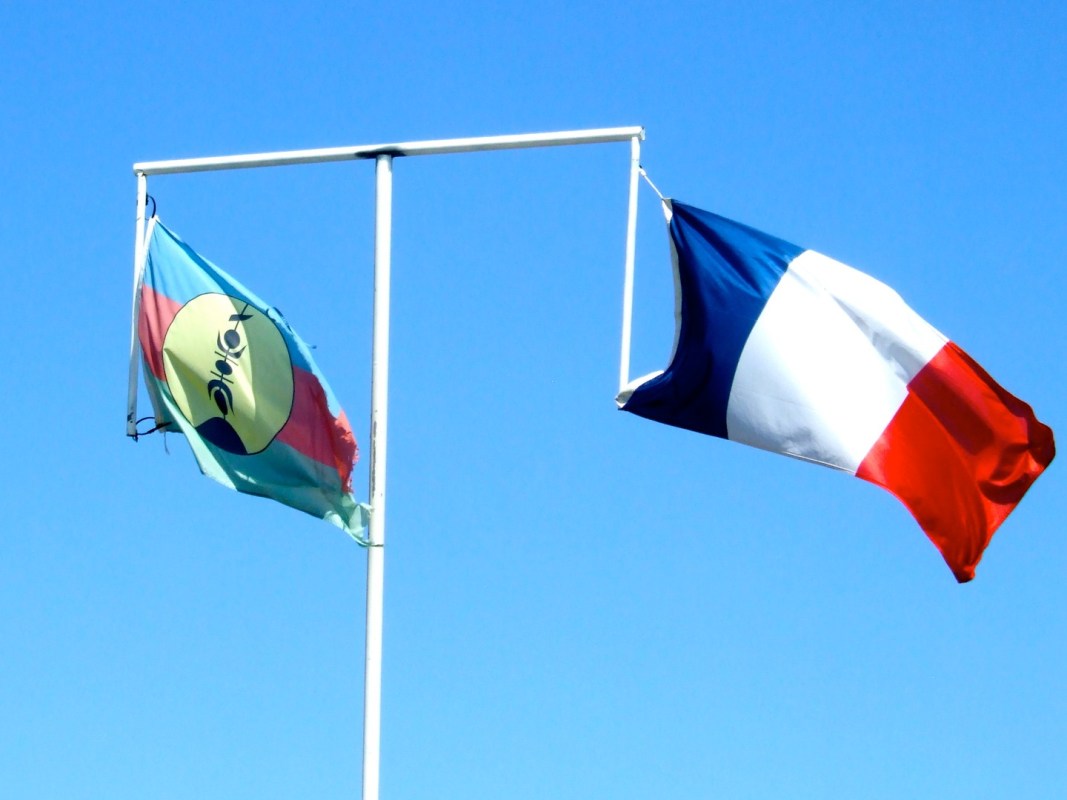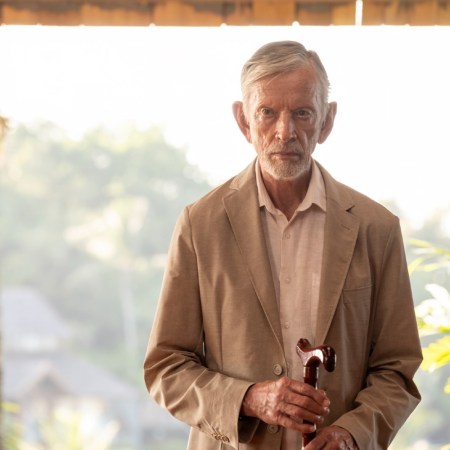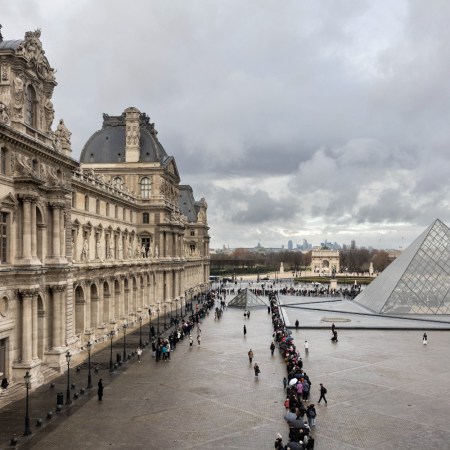Located east of Australia in the Pacific, New Caledonia was first settled between 2,000 and 3,000 years ago. The islands came under French control in 1853; just over a decade later, the French government established a penal colony there, which was home to many of the leaders of the Paris Commune in the 1870s. Among the islands’ largest exports is nickel; they’re home to a substantial portion of the world’s reserves, according to a BBC report.
What does the future hold for New Caledonia? For the time being, at least, the answer involves remaining part of France. The New York Times reports that a recently-concluded vote was overwhelmingly in favor of remaining French territory.
According to the Times, 96% of those who voted in a referendum on independence opted to remain part of France.
The movement for independence may be larger than that statistic suggests, however. The Times notes that a sizable number of the Kanak people, who are indigenous to the islands, opted to boycott the election as a kind of protest due to it not being postponed over concerns related to COVID-19. In two previous referendums in 2018 and 2020, the votes in favor of independence were 43% and 47%, respectively.
As several observers have noted, there’s also a geopolitical component to the vote — namely, that the French government is hoping that some of its overseas territories will act as a counterweight to the Chinese government’s ambitions in the region. There were plenty of issues at stake in the election, which the Times article covers in detail. It’s rare that one event can encompass both international relations and the legacy of colonialism; in the case of this election, that’s precisely what happened.
Thanks for reading InsideHook. Sign up for our daily newsletter and be in the know.


















